Twitter Users Divided Over Elon Musk Purchase
Elon Musk paid $44 billion to buy Twitter, but regular users of the social-media platform have divergent opinions on whether the new owner will improve the site.

Elon Musk paid $44 billion to buy Twitter, but regular users of the social-media platform have divergent opinions on whether the new owner will improve the site.

A majority of Americans say they live in racially diverse neighborhoods, and view the country’s diversity as a positive factor.

As the use of debit and credit cards increases, fewer Americans now are paying cash for most purchases.
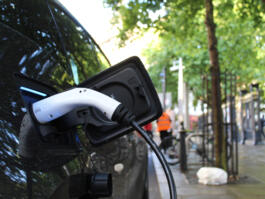
The federal government is spending billions of dollars to promote electric vehicles, but most Americans still don’t consider them practical.

As we did in election year 2020, Rasmussen Reports again offers sponsored polling services to all U.S.-based political issue groups and political campaigns at both a national and state level. Groups and campaigns from all parts of the U.S. political spectrum are welcome to participate – left, right and center. All are welcome to apply to sponsor a co-branded Rasmussen Reports poll.

Barely a third of Americans think lawyers are trustworthy, and the legal profession’s reputation hasn’t improved much in recent years.

Americans have noticed they’re paying higher grocery prices, and most expect the cost of food to keep going up.

Inflation is hitting hard at the grocery store, as more Americans say rising food prices have caused them to change the way they eat.
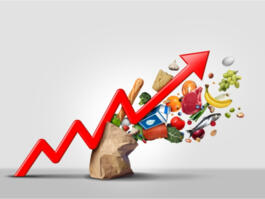
President Joe Biden’s policies have increased inflation, according to a majority of voters, who expect the issue to be important in November midterm elections.
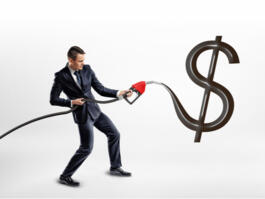
Russia’s invasion of Ukraine has caused gasoline prices to spike, and most Americans expect the cost to continue rising.

Economic pessimism has taken hold and fewer Americans believe today’s children will be better off than their parents.

While a majority of Americans have positive opinions about Amazon, they fear local businesses will suffer from the online competition.
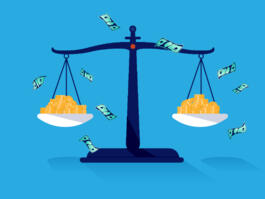
Voters increasingly see the U.S. economy as being unfair, and think it is especially unfair to blacks and Hispanics.
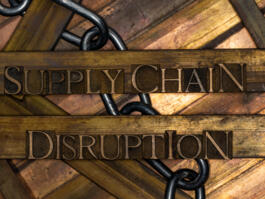
As the supply-chain crisis continues, an overwhelming majority of voters are worried about potential shortages of basic supplies, and most think President Joe Biden’s administration is not doing enough about the problem.
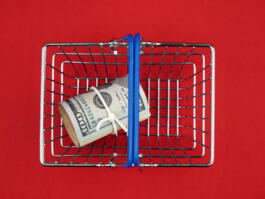
More than half of Americans say rising grocery prices have changed the way they eat, and they expect to pay even more in the future.

Problems affecting the U.S. supply chain have a majority of Americans concerned, as they are already noticing shortages in stores, and they expect the federal government to take action to solve the crisis.
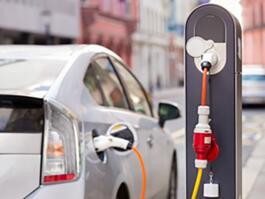
Despite all the talk about “green” technology as a way to fight climate change, most Americans don’t think electric vehicles are practical now and don’t expect them to replace gasoline-powered cars soon.

Fewer than one-third of Americans now expect a stronger economy a year from now, and nearly half think it will be worse.
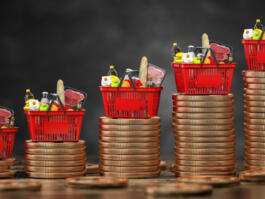
Concerns about inflation are widespread, as Americans see higher prices for groceries and expect even higher prices in the future.
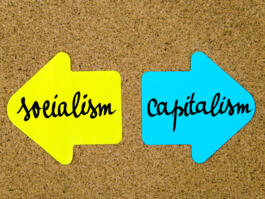
Despite all the criticism capitalism has endured in recent years, American voters still overwhelmingly prefer it to socialism.